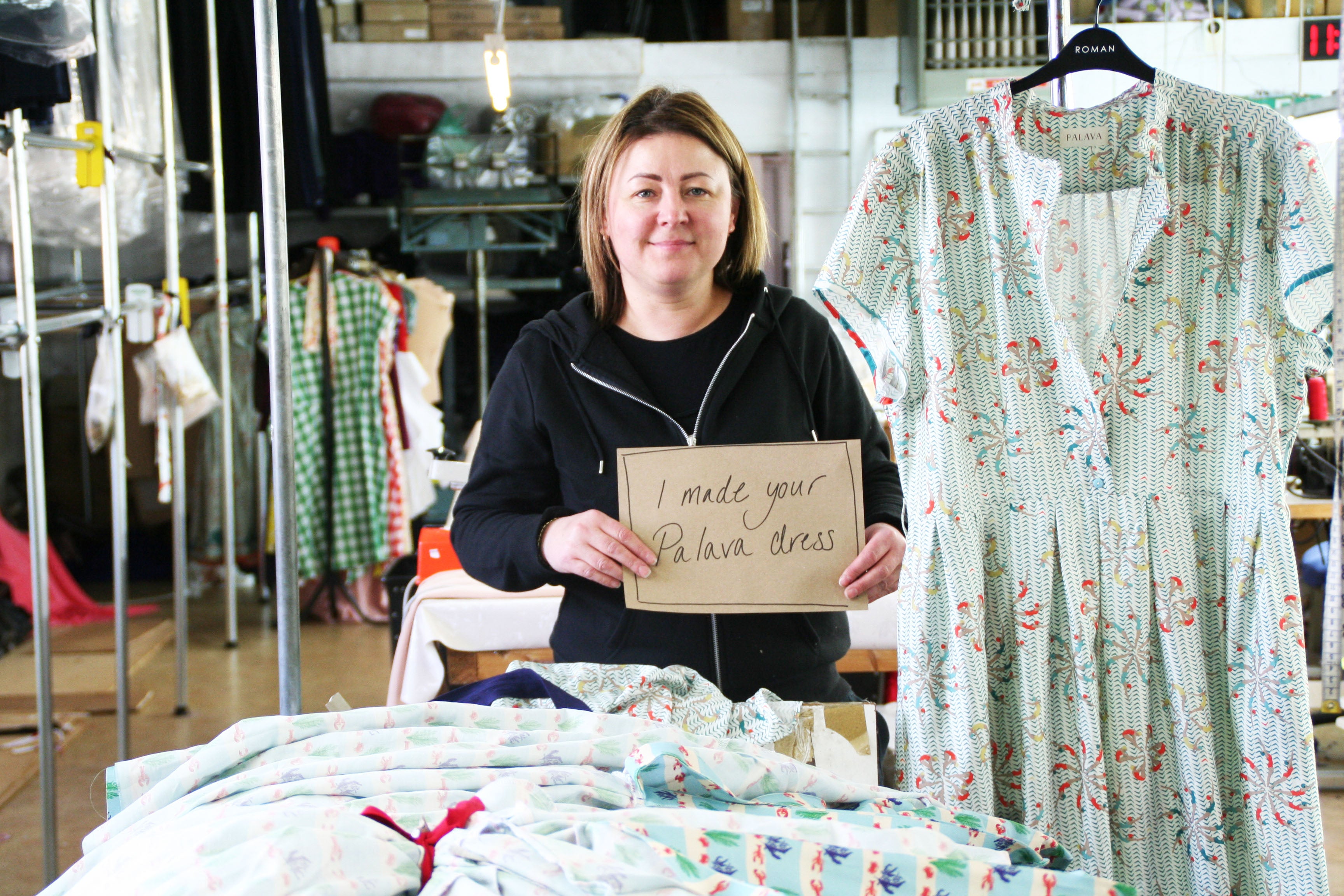
I Made Your Clothes - The Palava Factory
The world of fashion is a complicated one - we all love to buy a new dress that makes us feel great. But sometimes the reality of the industry is not a positive one. On 24th April 2013, 1,138 people were killed and many more injured when the unsafe Rana Plaza factory collapsed in Dhaka, Bangladesh. Its anniversary is now marked by Fashion Revolution Week - calling for greater transparency from brands about how their garments are produced. All with the question: "Who Made My Clothes?"

This simple but powerful question helps us to think beyond the excitement of wearing a new dress and considering the life of the person who made it.
It is our first year taking part in Fashion Revolution Week - we wanted to show you the faces behind the garments and the talented and hardworking machinists who help make Palava possible!



Our factory is based in the U.K. - it means we are able to visit the regularly and meet with the people who manage, cut, stitch and sew our dresses. The factory we employ is a small, family run business whose garment workers keep reasonable hours, in safe, clean working conditions. 

We like to know that each person involved in the making of a Palava dress is treated fairly, safe - and happy! Here are just a few of the fabulous machinists that we work with, whose skill and expertise are essential to your finished dress. We have also interviewed our sample machinist and pattern cutter - Julie, to find out more about her, the work she does and why she enjoys it.








Before we talk any more about the Palava dress production, we should delve a little deeper into why ethical fashion is an important movement. Today, there are 60 million people working in the fashion industry. Most of these workers are women - producing garments in dangerous working conditions, being paid poorly and without access to basic worker’s rights. In many cases, forced labour, child labour, harassment, excessive hours and forced overtime take place. For more information, read Fashion Revolution's White Paper.
These facts from Fashion Revolution are many of the reasons we strive to produce our own garments ethically. Did you know...?
- Legal minimum wage in most garment-producing countries, such as China and India, is rarely enough for a worker to live on. The current minimum wage in Bangladesh is 60% of the cost of living in a slum.
- Most garment workers are women. Many of these have children and families to provide for. Not only do low wages keep garment workers in a cycle of poverty, they add pressure to work long overtime hours, which impacts upon their health and safety.
- In India, 14 million children are in work, mainly in textiles, in hazardous working conditions.
- The Global Slavery Index estimates that there are 36 million people living in modern slavery today, many of who are working for supply chains of Western brands.


Back to our Palava production - we'd like you to meet our sample machinist and pattern cutter. Julie creates our very first dress samples and helps to tweak the sleeves, skirts, shape and little details that ensure the best fit. She also produces our limited edition runs, when we make a small number of dresses in a particular print. Julie had a chat with us about her skills, experience and dreams for the future.
Tell us about how you started working in the fashion industry.
“I started sewing when I was 19 years old in a factory back in Lithuania. When I came over to the U.K I worked in a variety of factories for garment construction. At the current factory, there was the opportunity to work in the sample room and my current job developed from there. I was originally self-taught and have developed my skills over many years, working with many different types of fashion companies.”

When did you first become interested in textiles and garment production?
“My grandmother used to sew and make all her own clothes – my interest in sewing may have come from that – watching her sew and knit for hours on end and taking great care in getting things right.”
What are your favourite things about your job?
“I really enjoy interacting with my clients, working out what they want and what they need then taking it from being a two dimensional object, the pattern, to a three dimensional object, the finished sample or garment. I love to see the look on people’s faces when they see the finished piece! It’s very exciting to be able to turn their creative idea in to reality. My job also involves lots of attention to detail. I take a lot of care in my work.”

What are your aspirations?
“I’ll tell you a little secret - really I want to learn about fine tailoring and producing the patterns for jackets and suits. As much as I love making dresses, menswear would be my next big thing.”

What do you like about working with Palava?
“The fabrics can be more challenging than other textiles because of the patterns and the border prints. Working out the best way to cut things out, maximise the yields, so there’s no wastage – it’s all complicated but satisfying at the same time. As a collaboration it’s also really nice to make things in the UK and keep things here. Small businesses help other small businesses. All the work filters down and helps other people – from the button suppliers, the packaging, the zips and the belts – meaning that these other small companies will be here not just today, but also tomorrow. It's a positive cycle.”


If you want to contribute to the ethical fashion movement as a consumer, Fashion Revolution have created this very helpful guide.
We hope you've enjoyed discovering more about the making of Palava. We'd like to keep the conversation going, so if you have any questions or suggestions - please get in touch by dropping us a comment here, or contacting us via Facebook or Instagram.


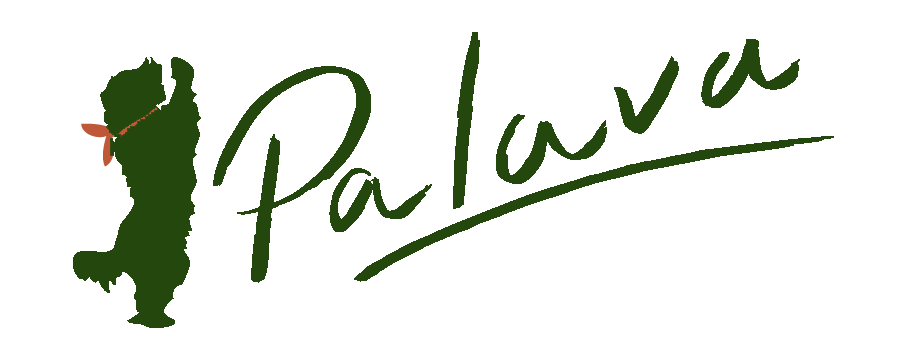

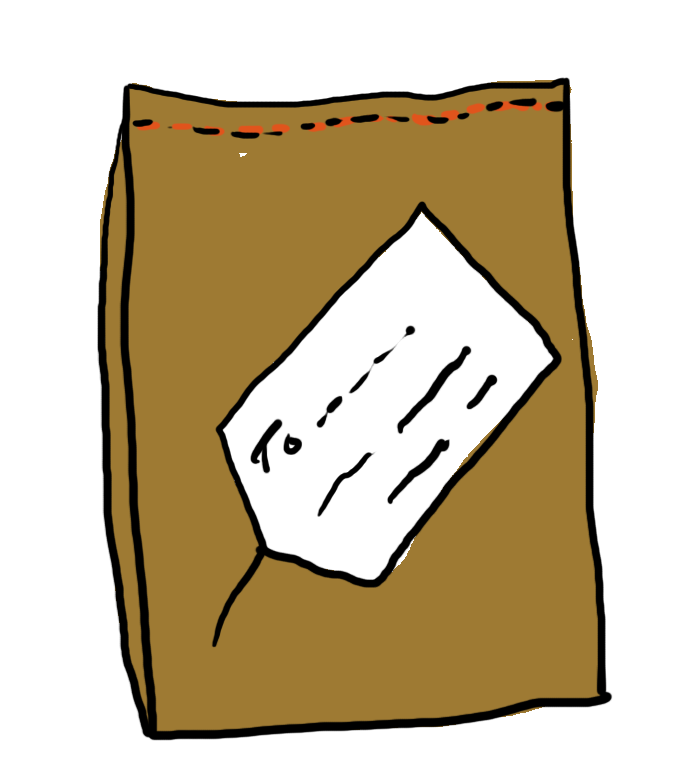
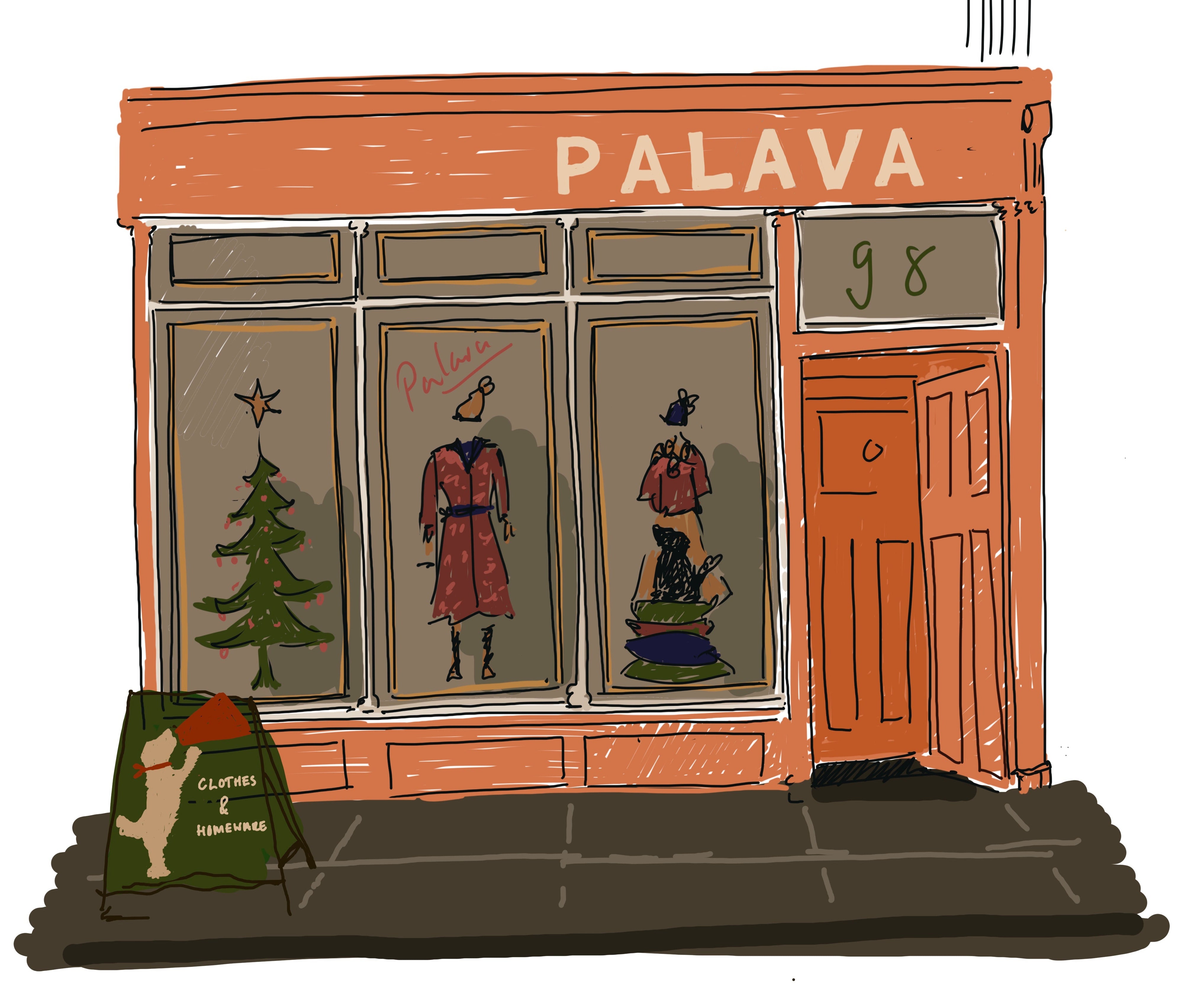
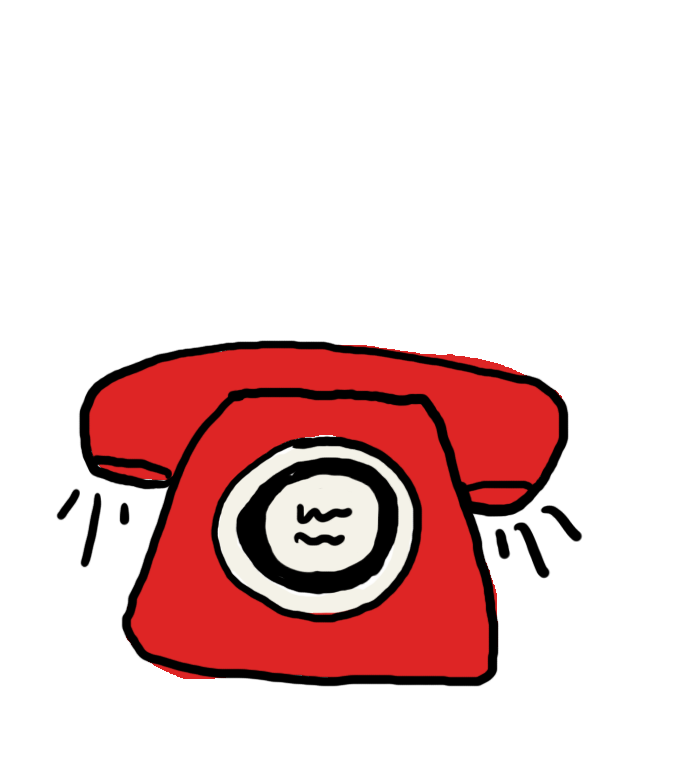
1 comment
Thank you for making my lovely clothes xxx
Louise
Leave a comment
This site is protected by hCaptcha and the hCaptcha Privacy Policy and Terms of Service apply.